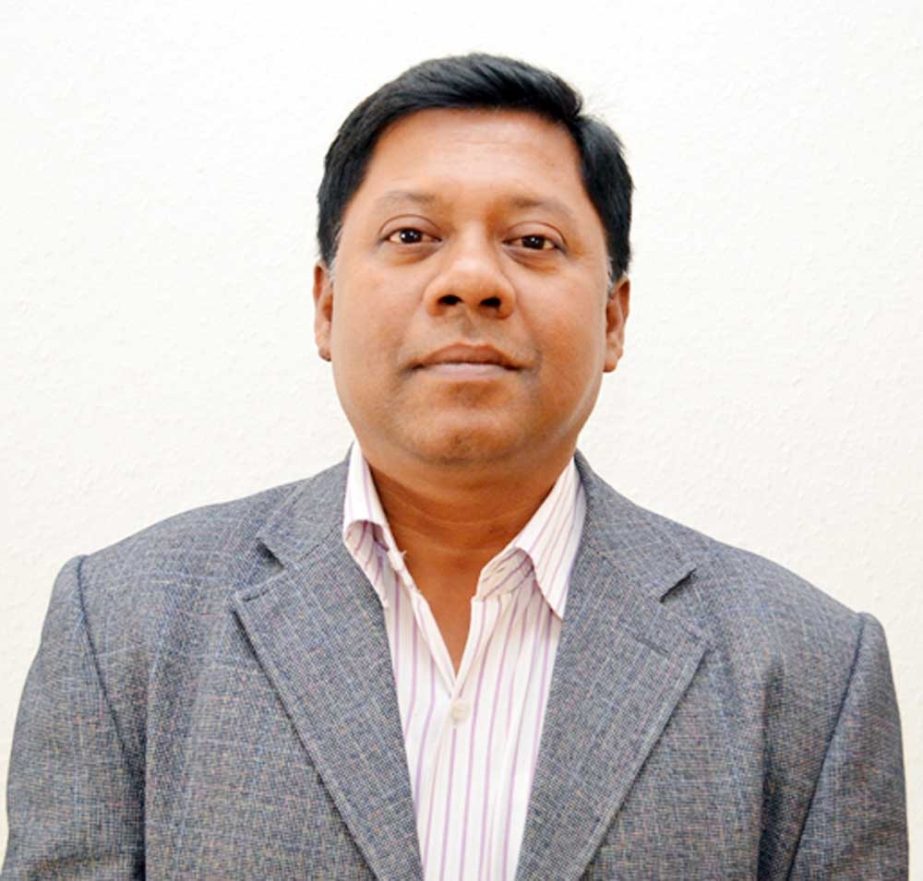
Dr Matiur Rahman :
The theme of this year International Women’s Day is, “Gender equality today for a sustainable tomorrow”, recognizing the contribution of women and girls around the world to build a more sustainable future for all. Due to the united movement of women on March 8, 1908, this day was later recognized as International Women’s Day. Women’s Day reminds women of their rights, their contributions and their position around the world.
However, gender equality is the state of equal ease of access to resources and opportunities regardless of gender, including economic participation and decision-making; and the state of valuing different behaviours, aspirations and needs equally, regardless of gender. According to UNICEF gender equality means that women and men, and girls and boys, enjoy the same rights, resources, opportunities and protections. It does not require that girls and boys, or women and men, be the same, or that they be treated exactly alike.
Goal 5 of the UN Sustainable Development Goals (SDGs) states that women and girls, everywhere, must have equal rights and opportunities, and be able to live free of violence and discrimination. Women’s equality and empowerment are one of the 17 Sustainable Development Goals, but also integral to all dimensions of inclusive and sustainable development. In short, all the SDGs depend on the achievement of Goal 5.
Advancing gender equality in the context of the climate crisis and disaster risk reduction is one of the greatest global challenges of the 21st century. The issues of climate change and sustainability have had and will continue to have severe and lasting impacts on our environment, economic and social development. Those who are amongst the most vulnerable and marginalized experience the deepest impacts. Women are increasingly being recognized as more vulnerable to climate change impacts than men, as they constitute the majority of the world’s poor and are more dependent on the natural resources that climate change threatens the most.
At the same time, women and girls are effective and powerful leaders and change-makers for climate adaptation and mitigation. Women are involved in sustainability initiatives around the world, and their participation and leadership result in more effective climate action. Continuing to examine the opportunities, as well as the constraints, to empower women and girls to have a voice and be equal players in decision-making related to climate change and sustainability is essential for sustainable development and greater gender equality. Without gender equality today, a sustainable future, and an equal future, remains beyond our reach.
The women of Bangladesh are among the first to face the impacts of climate change, and their suffering is disproportionate. As for women in many other countries, Bangladeshi women have less access to land, resources and decision-making than men, and their wages are lower, making it harder to survive post-displacement. Women who migrate are often at risk of trafficking.
The social, economic and political context for women in Bangladesh makes them overall more vulnerable to climate change. The factors that exacerbate women’s difficulty in coping with climate disasters include limited access to early warning information; lack of preparedness; limited access to criticalservices and facilities (i.e., shelters with adequatespaces for women and with proper sanitation); lack of access to financial security (i.e., loans provided towomen often have highly unfavourable repayment conditions); limited market and communicationaccess; limited access to decision-making arenas; social expectations of “appropriateness” for women’sactions; increased responsibility to the household;difficulty in accessing relief goods; and psycho-physical constraints.
Despite their vulnerability, women are not only seen as victims of climate change but they can also be seen as active and effective agents and promoters of adaptation and mitigation. For a long time, women have historically developed knowledge and skills related to water harvesting and storage, food preservation and rationing, and natural resource management.
Adaptation initiatives should identify and address gender-specific impacts of climate change particularly in areas related to water, food security, agriculture, energy, health, disaster management, and conflict. Important gender issues associated with climate change adaptation, such as inequalities in access to resources, including credit, extension and training services, information and technology should also be taken into consideration.
Women’s priorities and needs must be reflected in the development planning and funding. Women should be part of the decision making at national and local levels regarding the allocation of resources for climate change initiatives. It is also important to ensure gender-sensitive investments in programmes for adaptation, mitigation, technology transfer and capacity building.
Funding organizations and donors should also take into account women-specific circumstances when developing and introducing technologies related to climate change adaptation and try their best to remove the economic, social and cultural barriers that could constraint women from benefiting and making use of them.
Involving women in the development of new technologies can ensure that they are adaptive, appropriate and sustainable. At national levels, efforts should be made to mainstream gender perspective into national policies and strategies, as well as related sustainable development and climate change plans and interventions.
(The writer is a researcher
and development worker).

